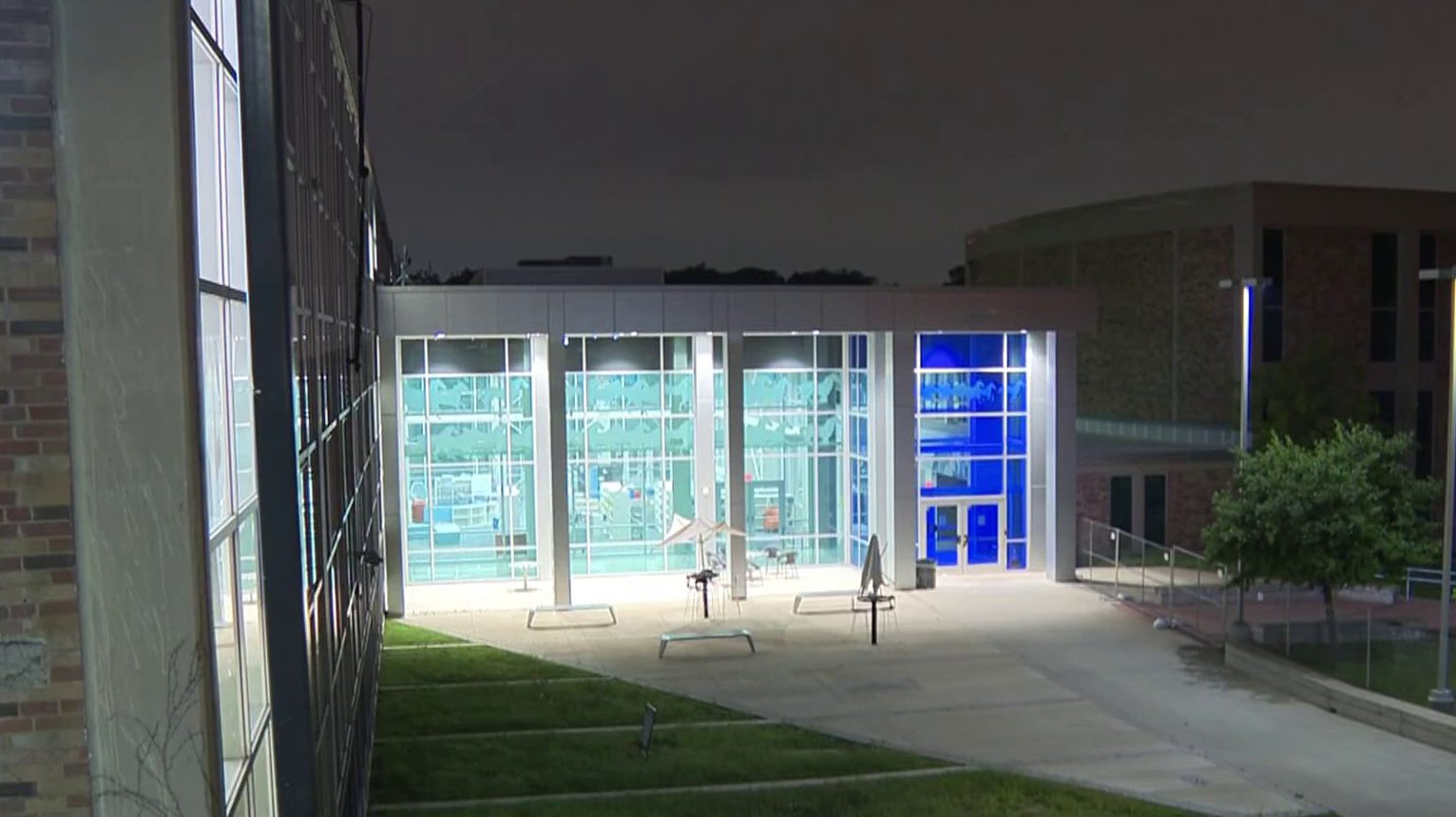The Texas House has approved a $178 billion state budget that would increase spending by 5 percent over the next two years and would strip the governor's office of its operating budget almost entirely.
In an early Saturday show of the new-found House harmony, the 150-member chamber unanimously approved the budget, the first under the tenure of Speaker Joe Straus.
"The real story tonight is that we all worked together, arm in arm, to pass a budget that we can all be proud of," said Republican Rep. Jim Pitts, chairman of the House Appropriations Committee, after guiding the chamber through an unusually cordial 18-hour debate that ended with a vote around 4 a.m.
The two-year plan relies heavily on $11 billion from the federal stimulus package, money that has helped the state close a multibillion dollar revenue shortfall without cutting into state services. State spending, which makes up about 45 percent of the budget, decreased about 2.5 percent compared to the 2008-2009 budget.
"This is a conservative budget," Pitts said. "It reduces (state) spending, but not at the cost of essential government services."
Pitts said the stimulus dollars helped overcome a state revenue shortfall of more than $5 billion. But, he praised the budget because it does not touch an expected balance of more than $9 billion in the state's Rainy Day Fund, which he said would have been irresponsible.
"The budget gap we face this session could very well pale in comparison" to the shortfall the state is likely to face in two years, Pitts said.
Local
The latest news from around North Texas.
"The gap is not artificial nor is it manufactured," Pitts said. "It is very real."
By late afternoon Friday, the House had adopted several amendments, including a surprising vote to wipe out the governor's budget.
In a slap against Gov. Rick Perry, lawmakers agreed to take more than $23 million out of Perry's office budget and instead put it in mental health care services and counseling services for veterans. He's left with about $900,000.
In Perry's office, the money was slated to be spent on salaries, rent and travel expenses.
The money is likely to be replaced as the budget makes its way through the process, but Pitts was noncommittal.
"This bill doesn't go into effect until September so you'll have to wait and see," Pitts said. "Stay tuned."
The move was largely a strategic maneuver to stymie a series of Democratic amendments that would have drawn from the governor's office budget to fund other programs.
In another blow to Perry, the House approved a measure that would strip $136 million from his Texas Enterprise Fund if the state does not expand unemployment insurance to become eligible for $555 million in federal stimulus aid. Several bills in the Legislature would make the necessary changes to state law even though Perry says there are too many strings attached to the unemployment money.
The Enterprise Fund money, normally used for economic incentives to attract new businesses, would instead be deposited in a job skills development fund.
Other amendments adopted span a wide range of issues, from prohibiting state funds from being spent on school vouchers and giving the Department of Public Safety $4.3 million to buy a helicopter. They approved a motion to commission a study of the efficiency of a four-day work week for state employees and would give the Texas Ethics Commission money to post online the personal financial statements of officeholders. The disclosures, which lawmakers are required by law to file, have been difficult and costly for the public to access.
The budget is the only bill lawmakers are required by law to pass during the legislative session. The Senate has already adopted its version and the two chambers will work out their differences in a conference committee before sending a budget to Perry for approval.
The House version of the budget is about $4 billion less than the Senate version.
Pitts, R-Waxahachie, said most of the difference between the two is in bond debt.
The Senate version included about $2 billion in bonds for building new roads.
The House budget also authorizes $300 million in bonds for cancer research and prevention, compared to $600 million in the Senate version, and used lower caseload projections for Medicaid that amounted to about $1 billion less.
Public education and health care make up the biggest percentage of the spending plan for 2010-2011. The budget proposal also gives a $1,000 bonus to retired and active state employees and retired teachers.
The House also put more than $200 million into the cash-strapped TEXAS Grants, the state's biggest college financial aid program.



